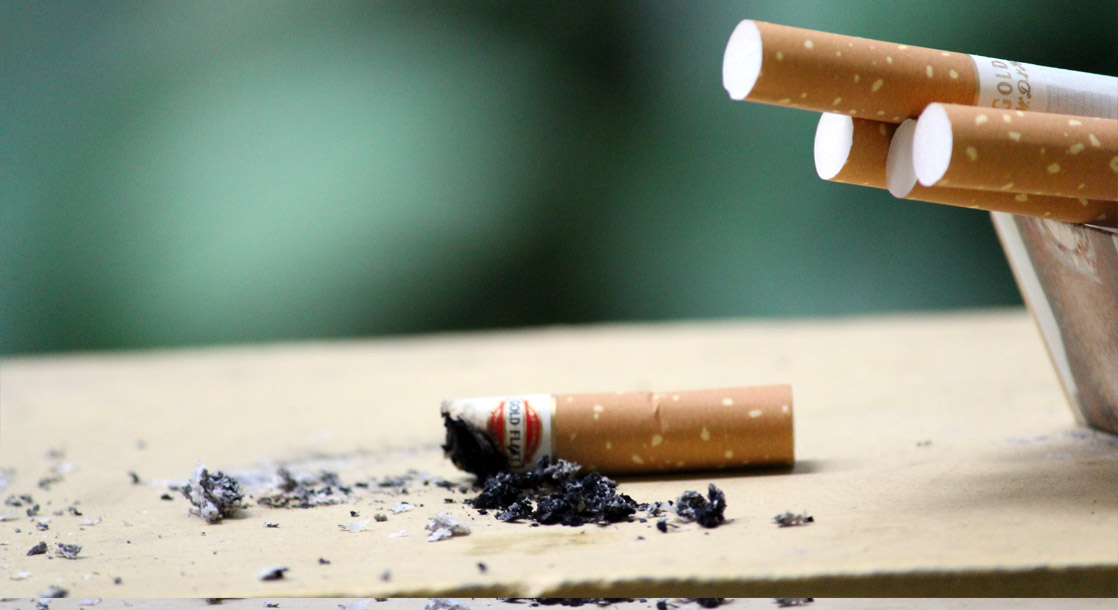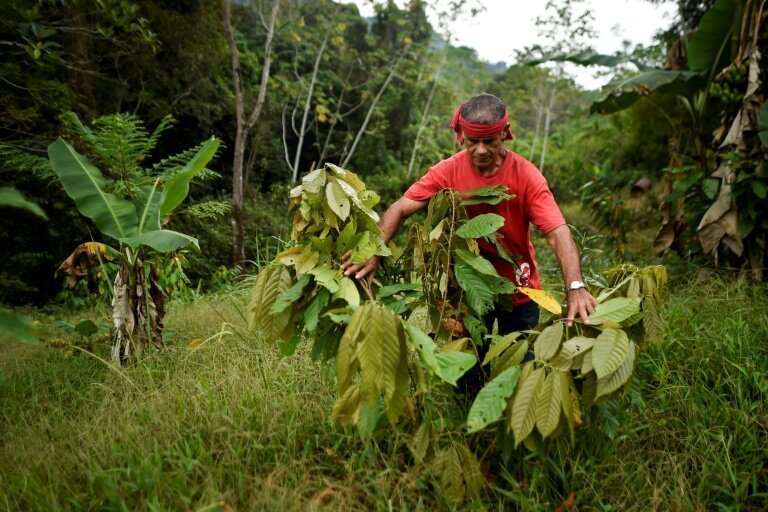Mexico just enacted anti-tobacco legislation so strict that it left the country’s marijuana consumers with more rights than its cigarette consumers, in some cases. Smoking tobacco has been banned in all public places, including hotels, parks, and beaches. The law also places new restrictions on vaporizers, which were already banned from being sold in the country last year.
The General Law for Tobacco Control was approved by the Senate on December 14, by the country’s lower legislative back in April 2022, and took effect on Sunday.
Among the places where Mexicans can no longer smoke their cigs according to the law are, “patios, terraces, balconies, amusement parks, playgrounds or places where children and adolescents stay or gather, urban development parks, sports, beaches, entertainment and entertainment centers, courts, stadiums, arenas, shopping malls, markets, hotels, hospitals, health centers, medical clinics, places or places of religious worship, places of consumption or service of food or beverages, transport stops.”
The initiative also bans all kinds of tobacco advertising and sponsorships. Stores may no longer even exhibit tobacco products, reportedly leading some convenience stores to hide their cigarette shelves from view.
Some global health authorities applauded the move. The World Health Organization’s director general Tedros Adhanom Ghebreyesus tweeted on Sunday, “Bravo #Mexico! @WHO welcomes such a bold move on tobacco control. We call on all countries to strengthen #NoTobacco policies and help us prevent 8 million deaths every year!”
The Pan American Health Organization released a statement in December when the law was approved that quoted its representative in Mexico, Cristian Morales Fuhrimann as saying, “This amendment represents a historic step forward for Mexico in its anti-smoking policies and reaffirms its role as one of the leaders in the fight against tobacco in the world.”
But not everyone is convinced that further criminalizing a commonly used drug in Mexico is a good idea, particularly given the country’s intense history of police corruption. Groups like Amnesty have raised concerns in recent years over the increased militarization of police activity. President Andrés Manuel López Obrador announced last week that the National Guard would be stationed in the capital’s metro system, which is the second largest in North America after New York City’s.
The new law stands in ironic contrast to a formal recognition issued in the city of Oaxaca de Juaréz last April of the rights of cannabis consumers to toke in public. The right to public consumption of cannabis has been a major objective of Mexican weed advocates. It has also been established in the context of protest by the country’s thriving plantón movement, which has seen the establishment of cannabis protest camps across downtown Mexico City and in other metropolis across the nation.
A large swath of Mexicans will be impacted by the new tobacco policy — an estimated 15 million people in the country smoke, with five percent of these consumers being young people between the ages of 12 and 17. The country’s National Institute of Public Health states that 118 people die from tobacco use every day.
Mexico banned smoking in indoor spaces like restaurants, offices, and bars back in 2008.
Follow Caitlin on Instagram, and catch her Spanish-language podcast Crónica on Spotify and Mixcloud.
Cover image via











